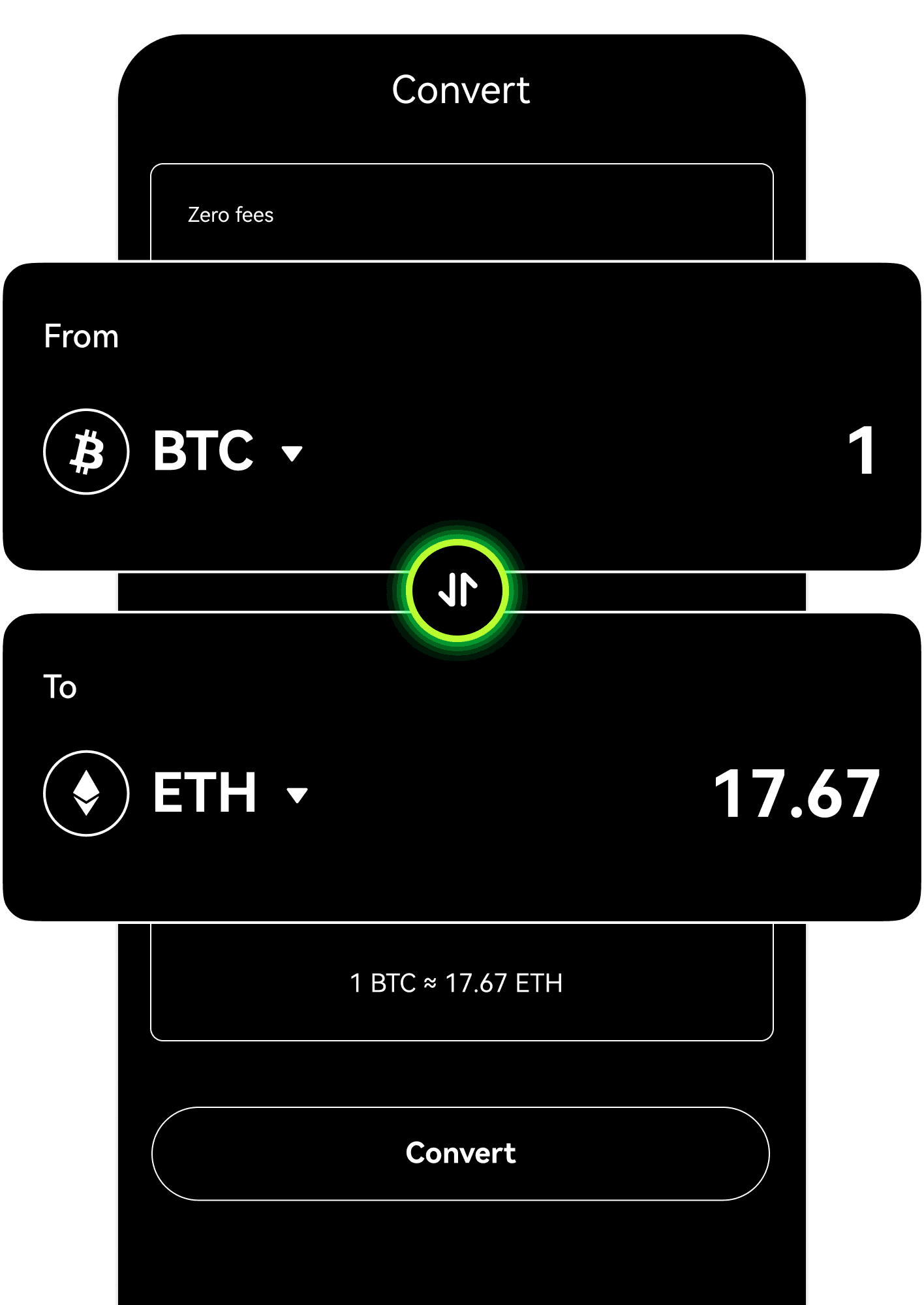Trade like a pro
Get the lowest fees, fastest transactions, powerful APIs, and moreLowest fees, world-class matching engine, powerful APIs and much more

One app. Unlimited possibilities.
New to crypto? No problem. Buy crypto for as little as $5 in a tap, and grow your skills as you go.
With you every step of the way
From your first crypto trade to your first NFT purchase, you’ll have us to guide you through the process. No stupid questions.
No sleepless nights. Have confidence in your crypto.
Coach Pep Guardiola
Explains “crazy football formation”
Rewrite the system
Welcome to Web3
Snowboarder Scotty James
Brings in the whole family
What products does OKX provide?
How do I buy Bitcoin on OKX?
Can U.S. citizens use OKX?
What is crypto?



